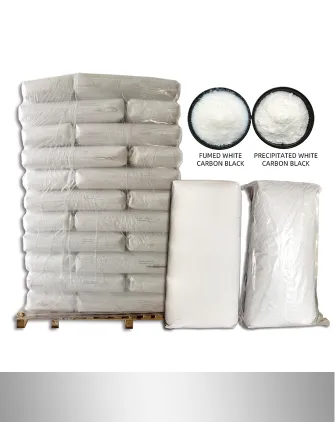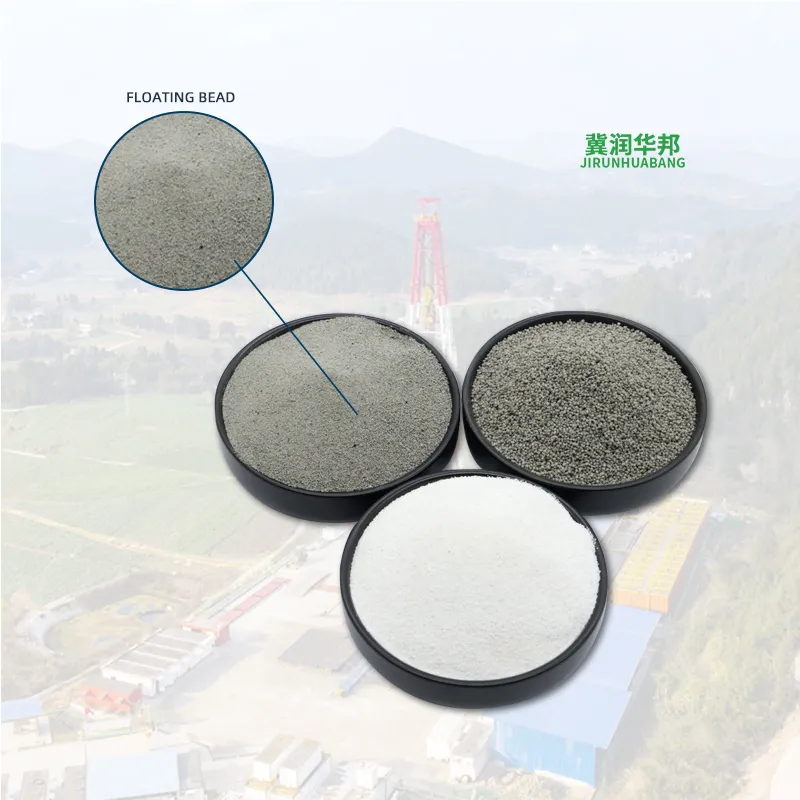High Whiteness Bulk Talc Powder Price Fine Talc Powder / Pure White Talcum 325 Mesh
Back to list
ਜਨਃ . 31, 2025 06:08
Zeolites are versatile minerals widely recognized for their unique structure and properties, which have profound applications across a range of industries. Their crystalline structure, characterized by micropores, allows them to act as molecular sieves, leading to a myriad of applications that benefit both industrial and consumer markets.
Furthermore, zeolites have found a niche in the health and wellness industry. Their porous nature allows them to absorb gases and toxins, leading to their use in air filters and deodorizers. In some health products, zeolites are marketed for their purported detoxifying properties, although these applications are met with varying opinions in the scientific community regarding their efficacy when ingested. The role of zeolites in consumer products such as detergents should not be overlooked. As a substitute for phosphates, which cause environmental harm, zeolites help improve cleaning efficacy and water softening in laundry applications. Their inert nature ensures they do not react adversely during the washing process, making them safe for regular use. Additionally, zeolites are being explored in the field of energy, particularly in gas separation technologies. They can selectively adsorb specific gases, enabling the purification and storage of hydrogen or the capture of carbon dioxide. This capability is pivotal in advancing technologies aimed at reducing greenhouse gas emissions and promoting cleaner energy sources. In conclusion, the diverse applications of zeolites underscore their significant versatility and indispensability in modern industries. Their natural origin coupled with eco-friendly properties highlights a trend towards sustainable practices across various sectors. As research advances, the potential for innovative uses of zeolites continues to grow, promising enhanced performance and sustainability in existing and emerging applications. For industries seeking to leverage the multifaceted benefits of zeolites, understanding their properties and implementations is crucial for optimizing both efficiency and environmental responsibility.


Furthermore, zeolites have found a niche in the health and wellness industry. Their porous nature allows them to absorb gases and toxins, leading to their use in air filters and deodorizers. In some health products, zeolites are marketed for their purported detoxifying properties, although these applications are met with varying opinions in the scientific community regarding their efficacy when ingested. The role of zeolites in consumer products such as detergents should not be overlooked. As a substitute for phosphates, which cause environmental harm, zeolites help improve cleaning efficacy and water softening in laundry applications. Their inert nature ensures they do not react adversely during the washing process, making them safe for regular use. Additionally, zeolites are being explored in the field of energy, particularly in gas separation technologies. They can selectively adsorb specific gases, enabling the purification and storage of hydrogen or the capture of carbon dioxide. This capability is pivotal in advancing technologies aimed at reducing greenhouse gas emissions and promoting cleaner energy sources. In conclusion, the diverse applications of zeolites underscore their significant versatility and indispensability in modern industries. Their natural origin coupled with eco-friendly properties highlights a trend towards sustainable practices across various sectors. As research advances, the potential for innovative uses of zeolites continues to grow, promising enhanced performance and sustainability in existing and emerging applications. For industries seeking to leverage the multifaceted benefits of zeolites, understanding their properties and implementations is crucial for optimizing both efficiency and environmental responsibility.
Share
Next:
